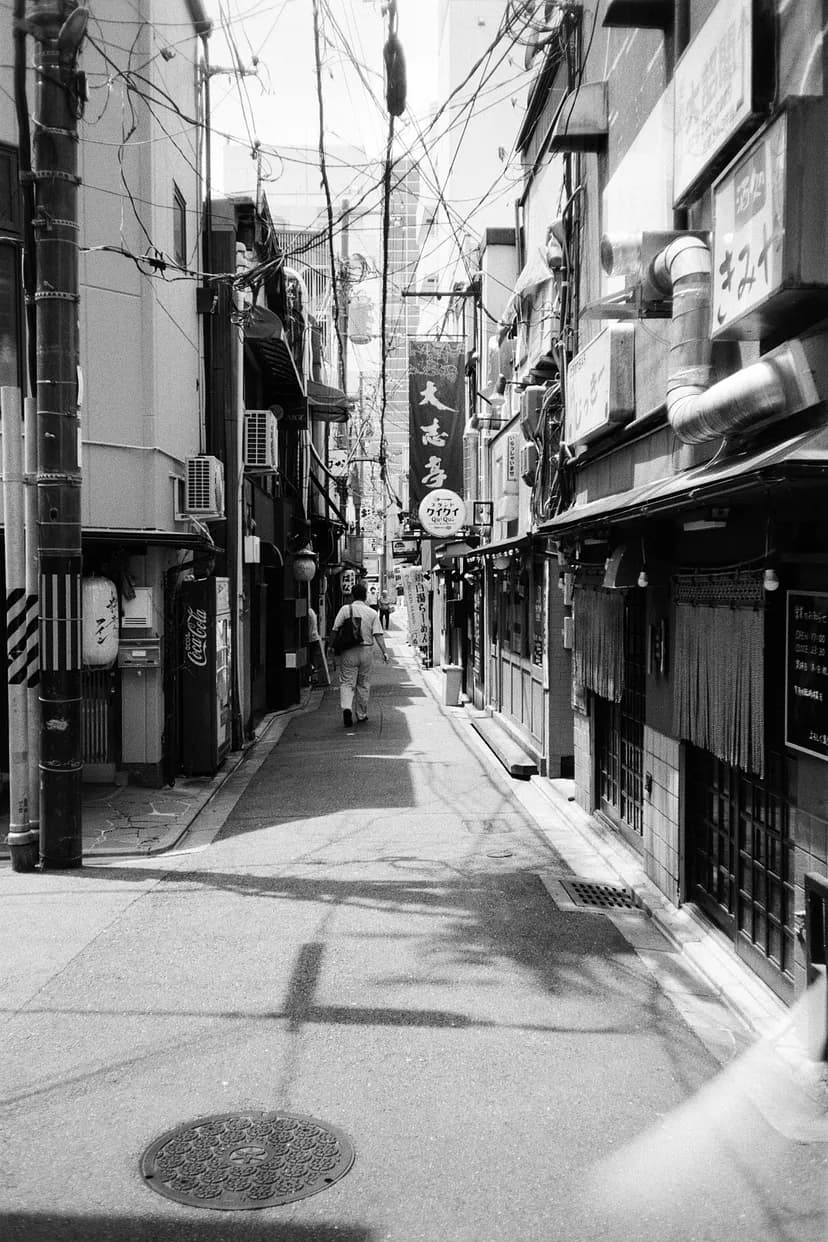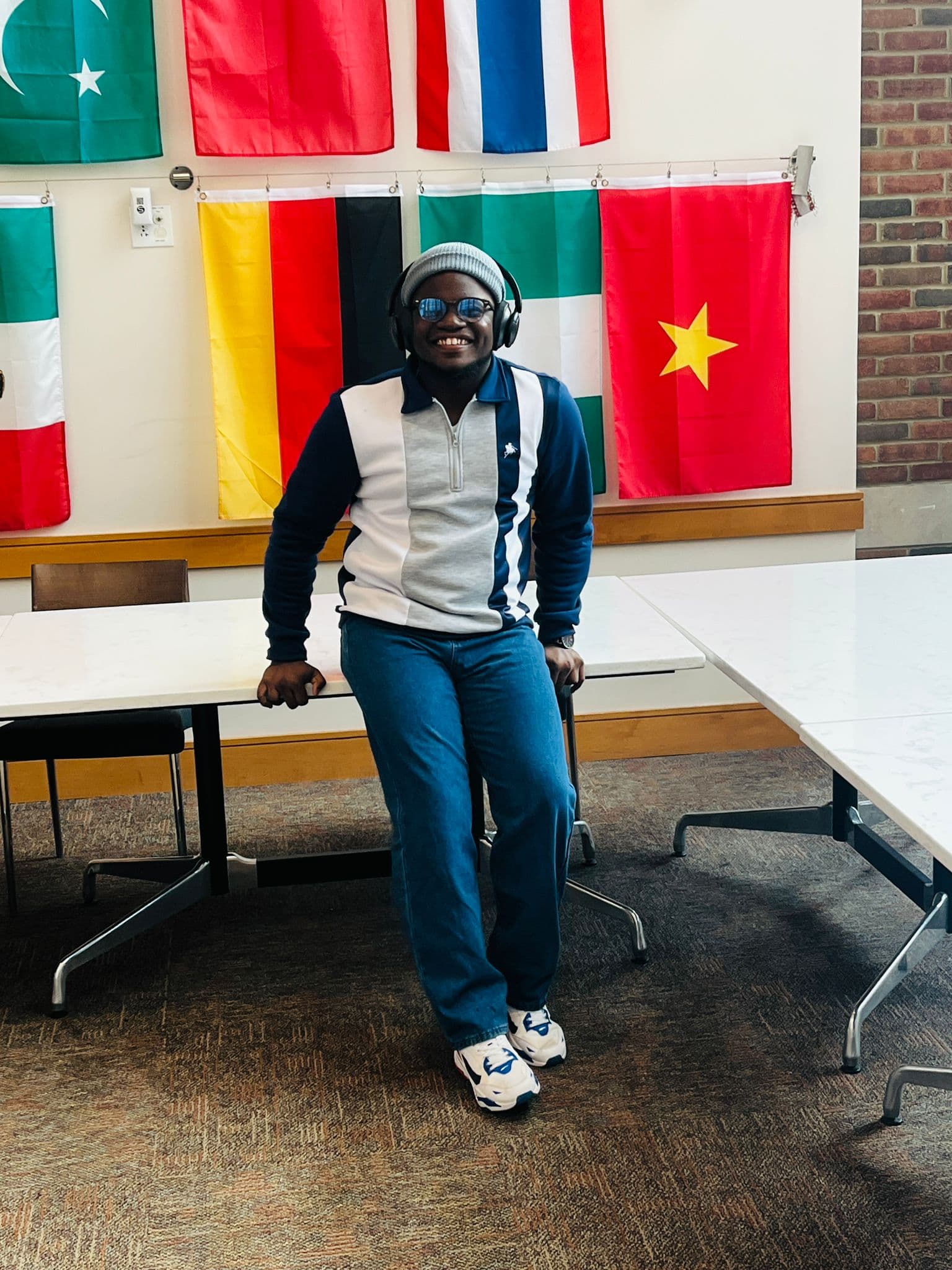On Meanings & Sacrifices: Inspired by The Five People You Meet in Heaven

After transitioning to the US during the summer, I stumbled onto one of Mitch Albom’s masterpieces, “The Five People You Meet In Heaven.” This story explores the intricate nature of relationships and thoughts, love, how people understand belonging in relation to each other, and my personal favorite moral: the unseen philosophies of all things we perceive as visible, unchanging, and true. I’d like to share a few of my favorites among the many lessons one could take from this story.
Judging Our Lives Solely Based on The Individualistic View of “Things” We Did Not Achieve Can Be Limited
“There are no random acts. That we all are connected. That you can no more separate one life from another than you can separate the breeze from the wind.”
Eddie, a retired war veteran and devoted worker at Ruby Pier, an amusement park that reminds him of his history, encompassing all wonderful beginnings and miseries, spent his 83rd birthday, his last day alive, surrendering to the greasy wheels of Freddy’s Free Fall (a rollercoaster at the amusement park he worked) while trying to save a little girl from the stench of death at the edge of the park’s bay. Little did Eddie know his last day would be at the center of a place where he has the most love-hate relationship — Ruby Pier is where Eddie met his beautiful wife, Marguerite, and the place he dreaded going with his father as a child due to his father’s abusive and gambling behavior. The aftereffect of Eddie’s audacious yet unconscious choice to die while trying to save the young girl ushered him into an afterlife — a new beginning with people along the lines of his previous life — a place with answered questions, clarity, and a deeper meaning to the experiences he struggled to interpret. Each of the five persons Eddie encountered during his journey in the afterlife provided clarity to his struggles and showed him how his life, which he perceived as wasted, was, in fact, meaningful to others.
Like Eddie, sometimes we are faced with experiences and encounters that challenge and question the essence of our lives because we have not accomplished the things we wanted, and the lingering thoughts of doubt and insecurities push us over the edge of feeling we are nothing; our hopes are shattered, hearts are broken, and we are left with the daunting task of collecting our scraps from these struggles and redirecting our lives to living for basic survival. We feel miserable. Tormented. Like a funeral harp being played at an old couple’s anniversary. During these moments, it is important to understand that the measure of the meaning of our lives doesn’t solely center on our physical accomplishments; it is, most times, based on the lives we have directly or indirectly uplifted. That our scraps have been part of the jigsaw puzzle to light up someone’s world, that sometimes, what we, in return, define as a wasted life is, through the eyes and world out of our personal experience, a trade-off for a simple life of meaning — the people we meet and the connections we build whether through grumbling, shared-traumas, or joy, are the significant accomplishments we have rather than things.
Sacrifice is Not an End; It Is a Bridge To Continue Living, Just Not in The Way of Our Expectations
“Sometimes, when you sacrifice something precious, you’re not losing it. You’re just passing it on to someone else.”
During World War II, Eddie, his unit, and his captain were held captive in a small village near the dense jungle of the Philippines. Upon escape, Eddie and his team set the village on fire. They burnt all of its resources to prevent other soldiers from experiencing the trauma, pain, and unimaginable suffering his team had experienced. War changes men; they lose touch with their humanity; it’s about survival — about enemies and slaughter. But this wasn’t the case for Eddie: within the milliseconds of the village being burned and the soldiers running between the steep pathways for escape, Eddie thought he saw a shadow in the burning huts of the village. He became engulfed with empathy and the desperation to save this shadow, which he attempted to do without thinking about the cost, his life, or his purpose, not until he was shot in the leg by his captain, which led to a life-long injury. An eerie moment dawned upon them: explosions, voices, members of Eddie’s unit rushing to pick him up as their captain went ahead to find a better route. The war was over.
Returning home, the war had crawled inside of Eddie, in his leg and in his soul. He learned many things as a soldier. He came home a different man. Eddie’s life was shaped by a series of sacrifices that he considered a loss, from his physical health, friends, and lifelong ambition of becoming an engineer. This looming loss, running through the fiber of Eddie’s core, left him crumbling under the feeling of inadequacy. Sacrifice, as we know it, is a trade we make to attain something better, a hope for growth, a symbolic representation that one day, our bigger dreams will emanate from the mountaintop top, and the altitude represents a sign that we’ve made it, life, happened. But what if that’s not what sacrifice is at all? What if it is deeper, more meaningful, and transcendental than we perceive? What if, in sacrificing, we have already answered a higher call? Not with the expectation of a grander life afterward but the soothing reality of how transformative we’ve made life for the existence of others.
When Eddie met his captain in the afterlife, he realized he had died by stepping on a landmine for his unit to escape. The Captain had been lost to the war, but his sacrifice had saved the others. And for the first time, Eddie saw his own sacrifices as not useless but meaningful in the greater web of life. He learned that these sacrifices, which once felt like losses, were never really losses. They were acts of giving, a bud opening for threads of connection that shaped the lives of others in ways he could never have imagined. His time in the army, marked by loss and hardship, became a bridge to end a war, to create peace, and to redefine purpose in the lives of others. His unfulfilled dreams of engineering translated into decades of fixing rides at Ruby Pier, ensuring the safety and joy of countless families. And his final act — one that seemed to end his story — was the beginning of another life saved, a ripple that would extend far beyond him.
Sacrifice is a part of life; it’s supposed to be. It’s not something to regret. It’s something to aspire to: little sacrifices, big sacrifices.
There are moments when the sacrifices we make in life counter our ambitions for being achievers but open us to being humans. During these moments, we are not called to make demands on life but to be deliberate about answering what life asks of us — how can we redefine and inform our perspectives when we have realized the actual meaning of life is not found in the overarching to-do list we've scribbled for success, but within the seemingly ideal moments when we feel powerless, broken, and vulnerable under the weight of the sacrifices we’ve made.
“...but everything great is just as difficult to realize as it is rare to find.”
